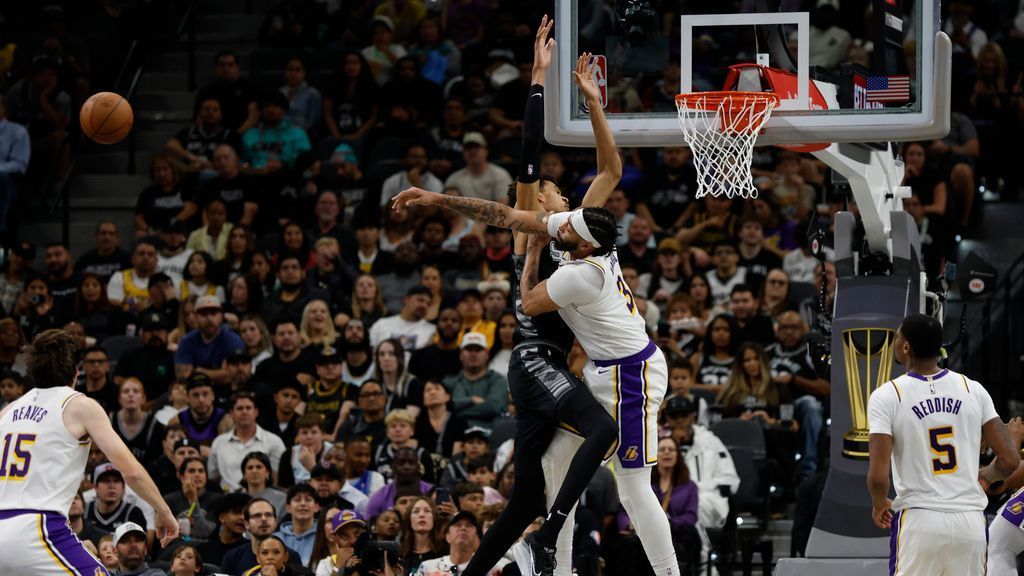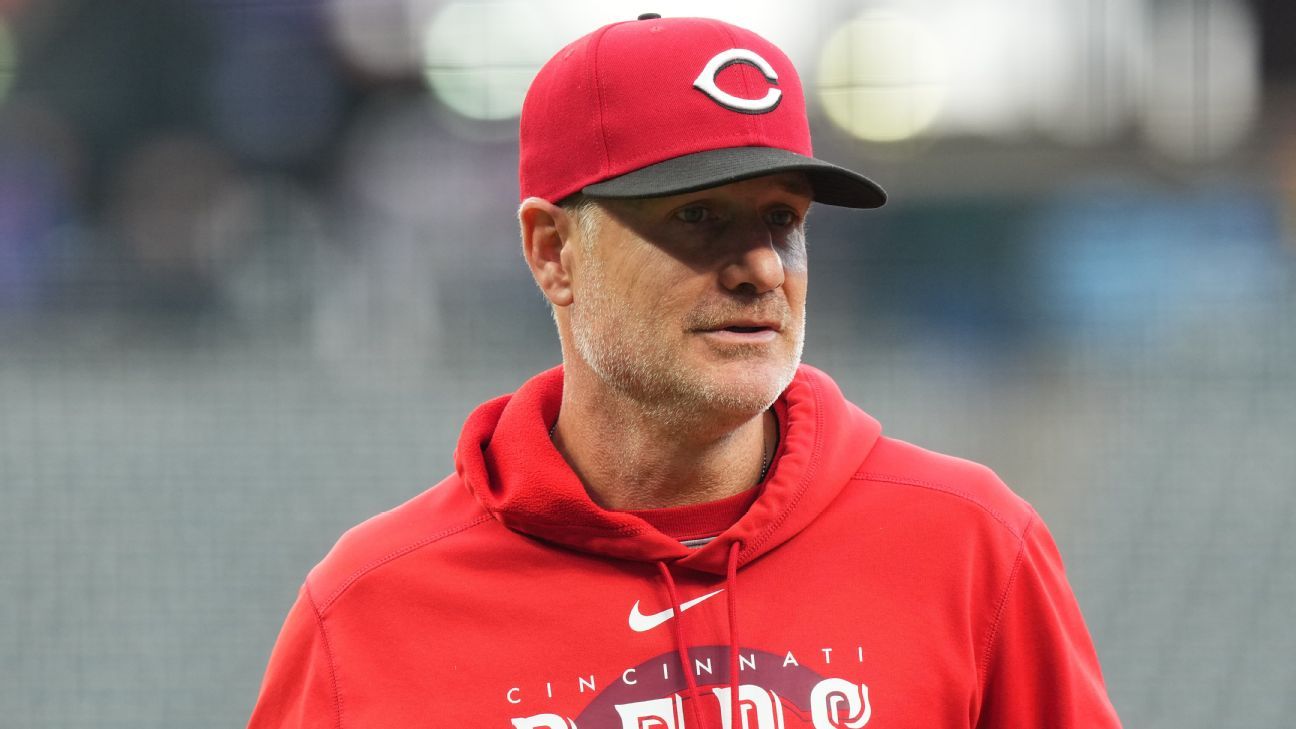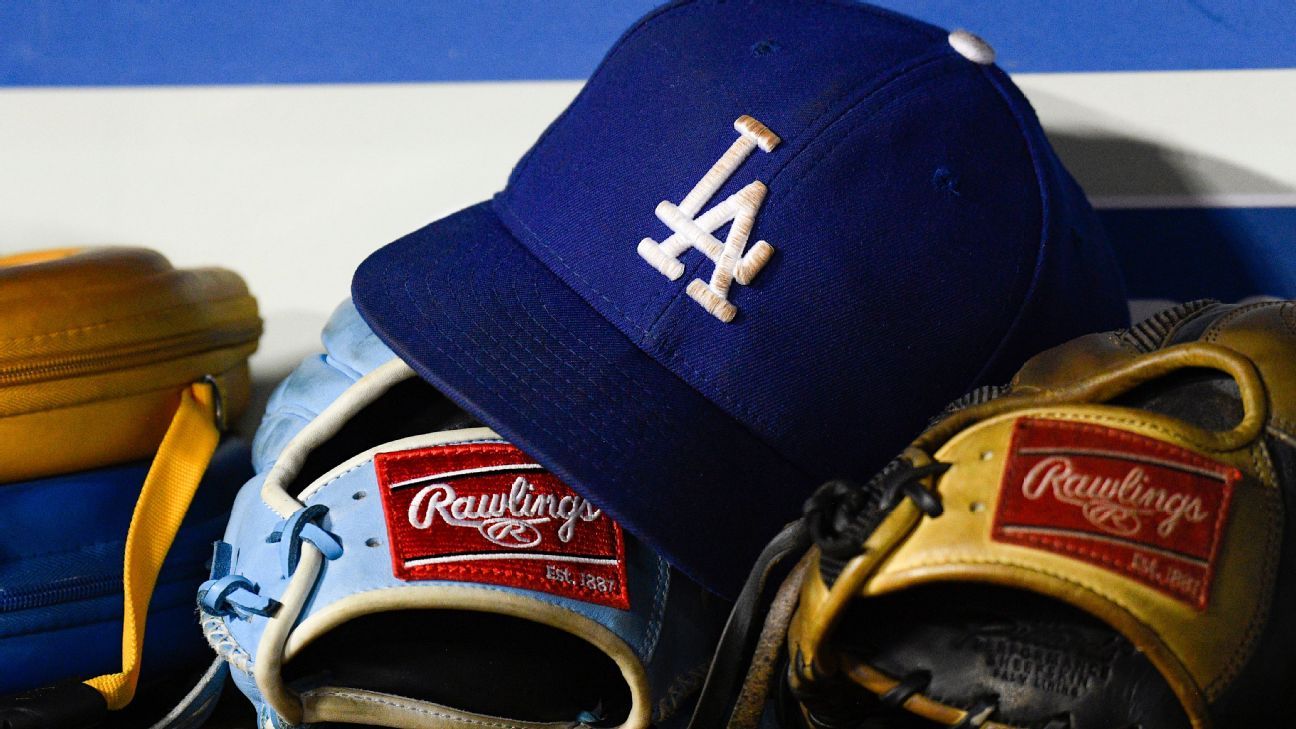
SEATTLE — When NHRA introduced the Pro Stock class 50 years ago, automaker loyalty stirred a keen rivalry.
The leaders of the class were men who hauled their cars to the races, worked on them from stem to stern, competed in them and developed relationships on their own for a few sponsorship dollars.
They were one-man bands, these racers, and the ones who shaped the class — Herb McCandless, Ronnie Sox, Bill “Grumpy” Jenkins, Bob Glidden, Dick Landy, Warren Johnson, “Dyno Don” Nicholson, Lee Shepherd and Frank Iaconio.
By 2010, money had transformed the landscape. And as the decade came to a close two months ago, a curious phenomenon had entrenched itself. Chevrolet had begun to dominate on the manufacturers’ side and team conglomerates had become the rage.
Gray Motorsports, KB Racing and Elite Performance didn’t necessarily control policy, but they certainly led in the engine-program category. They had multiple drivers and supplementary customers under their tech-development and data-sharing umbrellas.
As the sanctioning body prepares to throw a yearlong 50th birthday bash for the Pro Stock class, Elite Performance’s Richard Freeman has emerged as the power broker. Many credit him for saving the class, which NHRA has thrown costly and constant changes at during the past several years.
Freeman used his Oklahoma common-sense approach to herd the highly opinionated, innately independent team owners into a united front to negotiate with the sanctioning body from a position of strength. What resulted was a compromise that preserved the class’ 16-car fields, settled on a shortened schedule that works for most, recognized the Pro Stock’s right to increased TV exposure and reduced costs.
Freeman’s unapologetic opinions often are positive and encouraging, and his drivers — dominator Erica Enders, icon Jeg Coughlin, energetic Alex Laughlin, second-generation star Aaron Stanfield and newcomers Brandon Foster and Marty Robertson — love him. But if someone doesn’t want to hear Freeman’s authentic attitudes, they shouldn’t have a conversation with him in the first place.
Freeman has been known to administer a digital knuckle sandwich to a rival, texting him and calling him “dumb-ass” and an “idiot.” And Freeman once referred to someone in the racing community he doesn’t particularly care for as “a bucket of poop.”
He didn’t have much good to say about the state of the Top Fuel and Funny Car classes, either: “Don’t get me started on Top Fuel and Funny Car. I love the classes. It was always, ‘Oh, what are we going to do with Pro Stock? They’re in trouble.’ Well, there ain’t nothing in more trouble than those two classes right there.”
And even though he fielded three Pro Modified entries last season and still has standout Steve Matusek in his Elite camp, Freeman isn’t all that keen on the popular class.
“They want that class to be a pro class and it never will be,” Freeman said. “The reason I don’t necessarily like it is there’s too many variables in that class. There are too many obstacles. One thing I don’t like about it is the harder you work to make your stuff fast, the more you’re going to get kicked in the nuts. So it’s not appealing to me at all. That thing is in grave danger because those who spend the money are going to win.
“Pro Stock is just my place. I’ve invested all my money there, so I’m going to spend my time right there.”
Opinionated? Certainly. Abrasive? Maybe. But Freeman solves problems.
His ability to do that is what allows him to be, as Coughlin described, “a man who wears many, many hats — from being in the oil business to the car business to the used-parts business to managing race teams. He tries to surround himself with good, intelligent people he can trust and empower. That’s how he has built such a powerful team.”
Freeman’s team finished first and second in the standings last year, and with Enders, has recorded three series titles in six years.
“I don’t think I saved it,” Freeman said of the Pro Stock class. “I think what I did do was changed the course of how it had been done for many years. The reason that Pro Stock was in the situation that it was — and I don’t think it was in a bad situation — but the reason the fields had gotten shorter is people couldn’t afford to have their own engine. It wasn’t the money.
“They couldn’t afford to fight because they couldn’t get what we had,” he added. “And that’s not the way that class was intended to be. That’s where it transformed to. Now we’ve made parts and resources available.
“We worked really hard to preserve our class. And it’s as strong today as it’s been in years,” Freeman added. “The sanctioning body, they’re trying to run it like a business. They failed miserably, OK? But I believe that (NHRA President) Glen Cromwell and his team are trying. They’re trying to change the course of something that’s been going a direction for many, many years.
“Our sport has a great chance to regain a lot of power. NASCAR is struggling. Drag racing’s something that ain’t going nowhere, for sure. It’s not run by the media. It’s supported by wealthy people,” Freeman continued. “They choose to spend their money on their race cars and they’re going to race. It’s that simple.
“All I can do is worry about mine. And more than likely, we’ll probably win some Pro Stock races. That’s what I like.”
And if Richard Freeman is satisfied, the Pro Stock class is happy.















 Phone: (800) 737. 6040
Phone: (800) 737. 6040 Fax: (800) 825 5558
Fax: (800) 825 5558 Website:
Website:  Email:
Email: 






